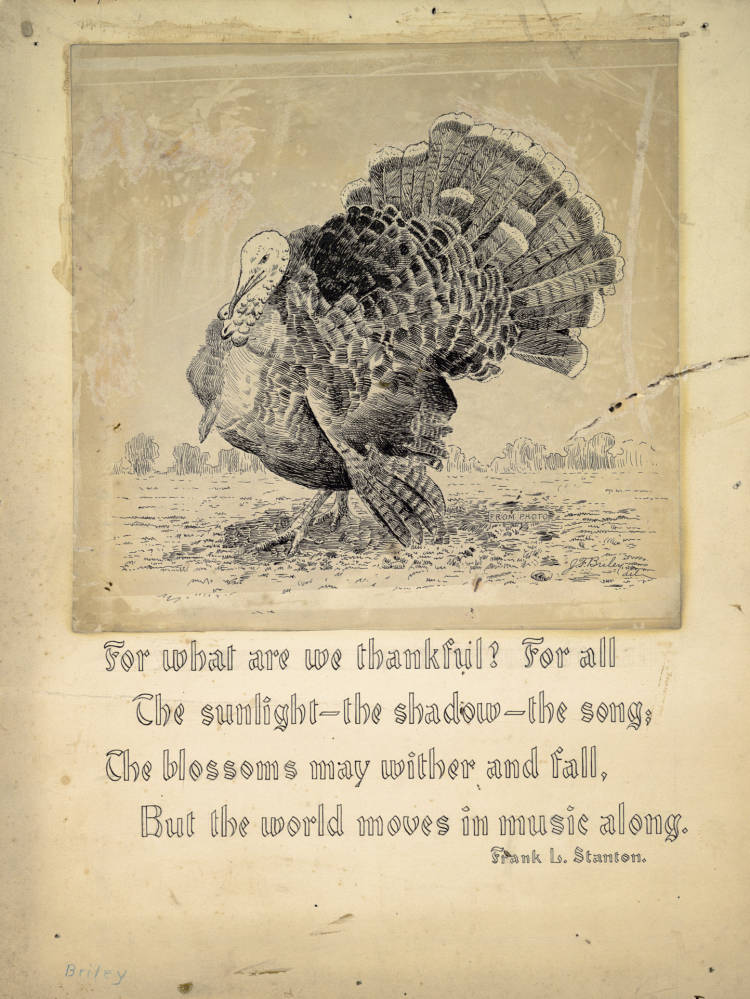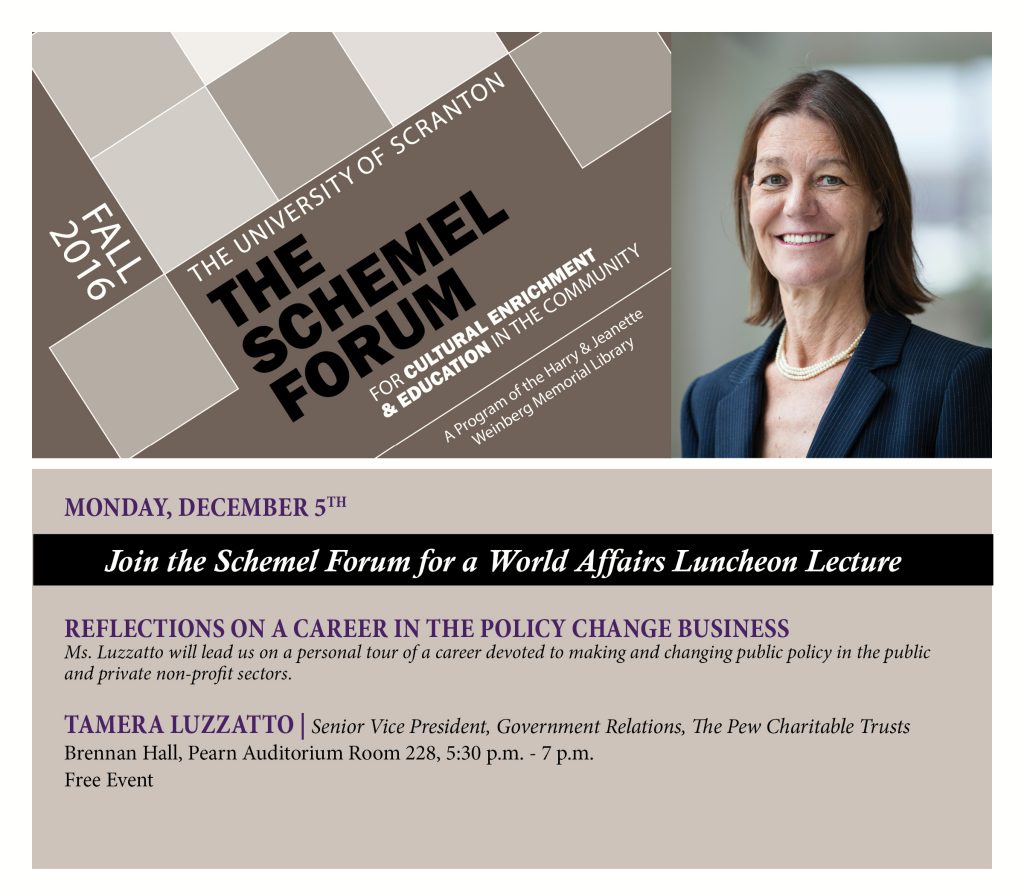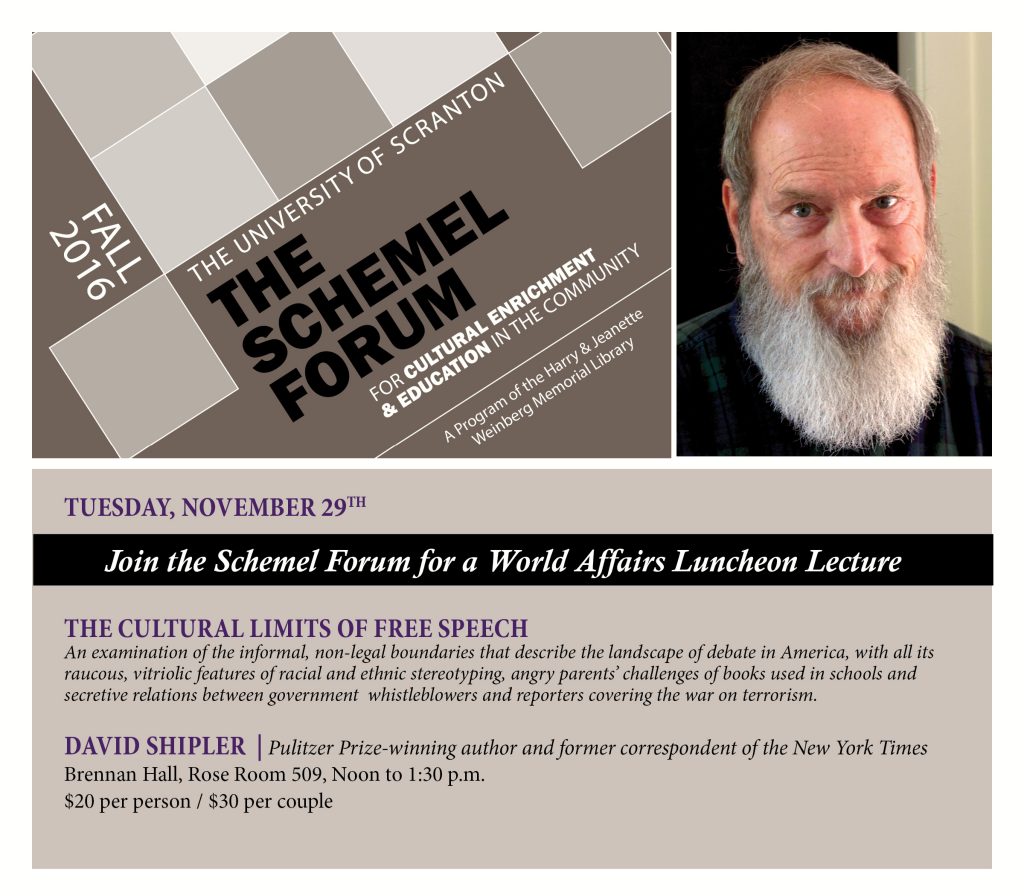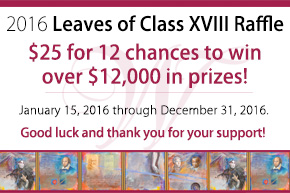The water dispenser in the Reilly Learning Commons has been replaced, so there is hot and cold water available 24/7 again.
Additional Group Study Room Available
The study room in the back corner of the library’s 4th floor, which is usually reserved for faculty, is now open for student use. This room is for group use and can not be reserved. Please follow the posted guidelines, and best of luck as you prepare for exams!
Open Lab for Student Use
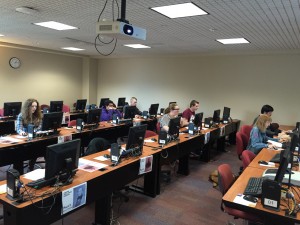 Library Computer Lab (WML 306)
Library Computer Lab (WML 306)
The Library’s computer lab will be open for student use during the hours that the Library is open beginning Monday, November 28 through Friday, December 9 for the 2016 Fall Semester. Please take note of the student use policy that is posted in the room. Print jobs can be sent to any of the Pharos print stations.
Happy Thanksgiving from McHugh Special Collections!
Thanksgiving engrossing by J. F. Briley (b. 1869) with the poem “A Little Thankful Song” by Frank L. Stanton. From the Zaner-Bloser, Inc. / Sonya Bloser Monroe Penmanship Collection and Horace G. Healey Collection. (undated)
Reflections on a Career in the Policy Change Business
For more information and to RSVP contact:
Emily Brees at 570-941-6206 or email Emily.Brees@scranton.edu
For more information on upcoming Schemel Forum events, click here.
Soup @ Java City
Stop by the library today for some cream of tomato!
Bike Scranton Season Wraps Up
The University’s 2016 participation in Bike Scranton will end on Sunday Nov. 20. Thanks to the Lackawanna Heritage Valley for inviting the University to partner on this program. Bike Scranton will be back in April of 2017. Thanks to everyone for your positive response to this green initiative!
Library Research Prizes Available for 2016-2017
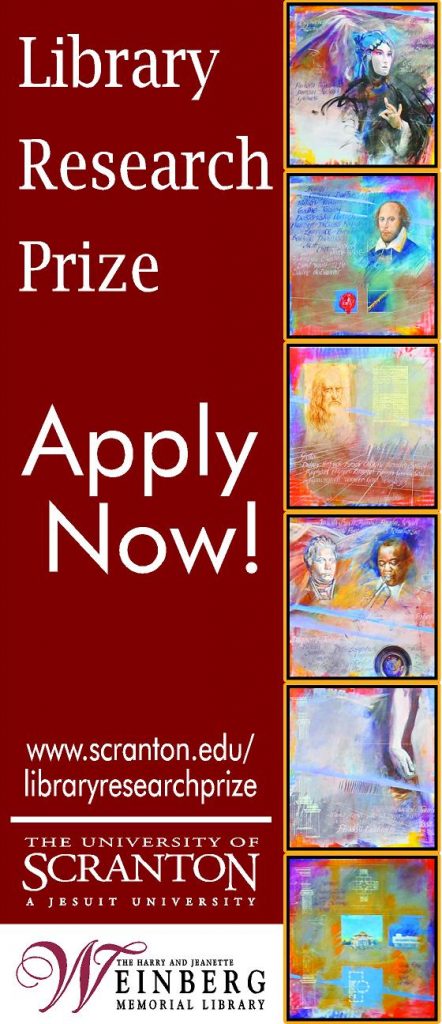 Are you working on a research project this semester? Did you use the library’s resources, services, collections, or spaces in order to complete your research? Then the Weinberg Memorial Library Research Prize is for you!
Are you working on a research project this semester? Did you use the library’s resources, services, collections, or spaces in order to complete your research? Then the Weinberg Memorial Library Research Prize is for you!
Two prizes of $500 each are awarded every year to the winning Undergraduate and the winning Graduate submissions. All you need to do is write a 500-word essay describing your research process and how you used the library in completing the project. Click here for some tips on how to craft the best 500-word essay you can about your research.
Then, submit the application materials for your project through the Library Research Prize website by the Fall 2016 deadline: Monday, December 5, 2016 by 4:00 pm. This deadline is for projects completed in the Summer 2016 or Fall 2016 semesters. There will be another deadline for Spring 2017 research projects. Winners are announced at the end of the Spring 2017 semester.
Research projects can be individual or group projects, though winning group projects will receive one $500 prize for the group.
A statement of faculty support from the instructor who assigned the research project is also required for each submission.
Details on how to apply, what to include in a completed application, and what the selection criteria are, can be found at the Library Research Prize website. Any additional questions can be sent to Prof. Bonnie Oldham, Information Literacy Coordinator (bonnie.oldham@scranton.edu).
We look forward to hearing about your research!
The Cultural Limits of Free Speech
For more information and to RSVP contact:
Emily Brees at 570-941-6206 or email Emily.Brees@scranton.edu
For more information on upcoming Schemel Forum events, click here.
Leaves of Class XVIII – October Winner!
Congratulations to Anne Roe of Waverly Township, our October Leaves of Class winner, who won $250 cash courtesy of Kratz Auto Supply, a Longaberger basket (from Charlene Reese) filled with 2 large jar candles from American Candle and a jug courtesy of Hudson’s General Store. In addition, Anne won a tote bag from The University of Scranton, Division of University Advancement including a beach towel, Scranton tote, umbrella, journal, frame, glasses and more, a Pet Basket of Gifts (courtesy of Peter & Narda Tafuri, which includes gift certificates from local pet stores and more), and a china cup tea set from Something Old & Something New Marketplace. Anne also won gift cards and/or certificates to: Amazon, The Epicurean Delight, Quinn’s Supermarket, Abe’s Deli, DOMA Importing Company, The Windsor Inn, The City Café, Tiffany’s Tap & Grill, La Trattoria, TGI Fridays, and Russell’s Restaurant.
There are still TWO more drawings for Leaves of Class XVIII!

